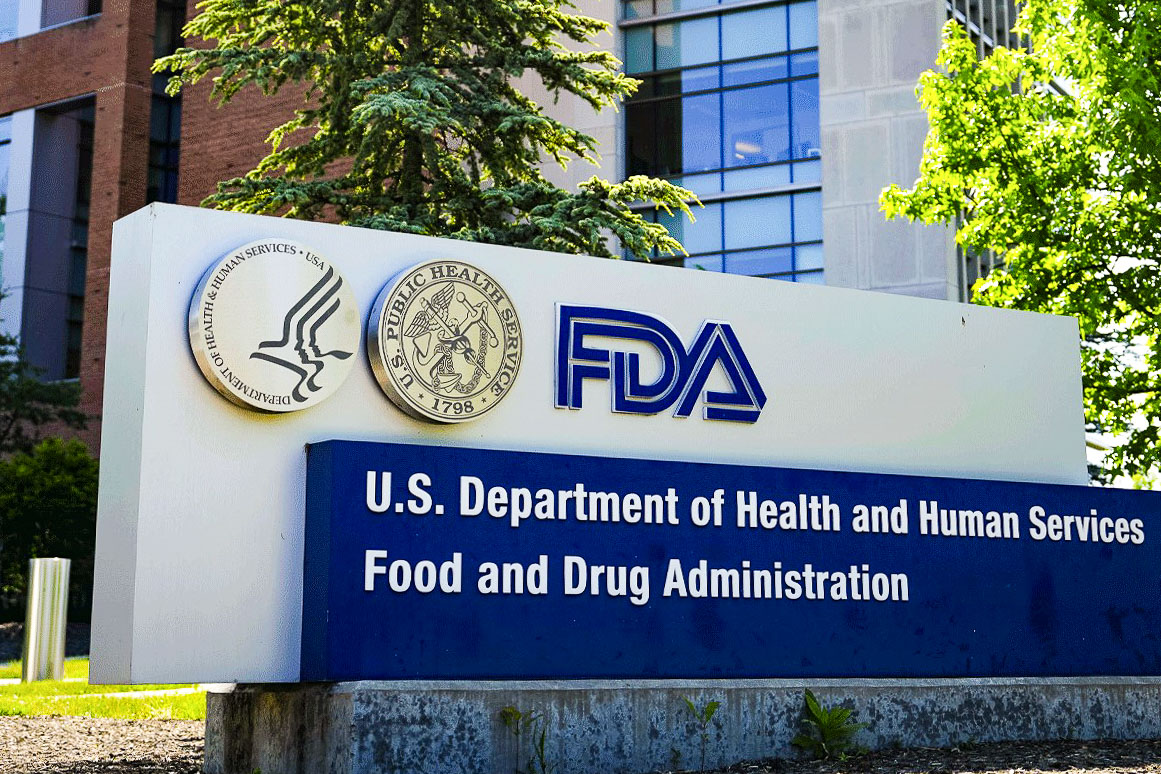The U.S. Food and Drug Administration (FDA) issued warnings on Sept. 10 to two Chinese test labs over animal testing violations and oversight failures that have led to unreliable data, starting a countdown to potential disqualification proceedings.
One of the labs is Mid-Link Testing Company Ltd. in Tianjin, China, and the other is Sanitation & Environmental Technology Institute of Soochow University Ltd. in Suzhou, China.
The labs conduct third-party testing and validate data for device manufacturers to submit to the FDA for market approval. Tests conducted included those related to toxicity, cell death, red blood cell breakdown, and animal testing.
After inspections earlier this year, the FDA found the data supplied by these firms unusable for the manufacturers’ premarket submissions. The FDA says reviews into these firms are ongoing.
“The medical device industry must be built and sustained on safety, effectiveness and quality,” Owen Faris, acting director of the Office of Product Evaluation and Quality in the FDA’s Center for Devices and Radiological Health, said.
“The FDA will take action to protect patients, consumers and the medical device supply chain from quality failures and violative practices. We strenuously remind industry of their responsibility and accountability for all data included in their submissions, which are required to comply with federal law.”
The FDA said there has been an “alarming” rise in unreliable data submitted by manufacturers for premarket approval, often coming from third-party testing labs in China and India. In February, the agency warned manufacturers and study sponsors that it is their responsibility to ensure that third-party-generated data they submit to the FDA is truthful and accurate.
The two labs have 15 working days to provide documentation of corrective steps and otherwise face disqualification as nonclinical testing labs. The labs did not immediately respond to an inquiry from The Epoch Times.
Fabricated Data
FDA investigators visited Mid-Link facilities earlier this year and have already corresponded with the lab, ascertaining that there have been violations of good laboratory practice.During one visit, FDA investigators asked Mid-Link President Xiaoming Hong and study director Lee Fu about an improbable dataset in which several animals were recorded to have gained the exact same amount of weight (0.5 grams) in a period of time.
Both Hong and Fu agreed that this was unlikely, according to the FDA, and Fu explained that when technicians could not get a stable reading, they “added a certain value.” At a second investigation visit, the lab acknowledged that “the study supervisor did not pay attention to the data during the process.”
FDA wrote in the latest letter to Mid-Link that it is the study director’s responsibility to serve as the point of control, yet the director allowed “fabricated” and “erroneous data [to be] incorporated into the final study report.”
Mid-Link responded to the FDA’s first warning by saying that standard operating procedures were revised, staff training was recorded, and tests were redone.
The FDA found the response to be inadequate, as there was no documentation of what actions would be taken to address, correct, and prevent the specific violations from recurrence. The violations that were discovered “occurred in multiple studies with various study directors over many months,” suggesting “systemic failures” and unreliable data, the FDA wrote in the latest warning.
Animal Testing Health Violations
FDA investigators visited Sanitation & Environmental Technology Institute from March 6 to March 15 and similarly found the lab’s responses to violations to be inadequate thus far.In the latest warning letter, the FDA wrote that during investigations, the study director did not ensure proper protocols, including making sure all experimental data were accurately recorded and verified and that all test materials were properly archived.
Two materials designed to be used during surgery were swapped during the course of one test, and this was never documented, according to the FDA. In another test, data were duplicated and not corrected even after the FDA’s discovery.
During a visit, FDA investigators saw that cage cards for guinea pigs and rats did not include unique animal identification numbers, meaning data from those animals tests could not be attributed or confirmed. The animals also were not isolated and evaluated for health upon arrival from outside sources in accordance with acceptable veterinary medical practice. In addition, newly received and unexamined animals were housed together with animals already in the lab, and the lab could not provide any documentation that they ensured that animals that participated in the testing were not sick.









